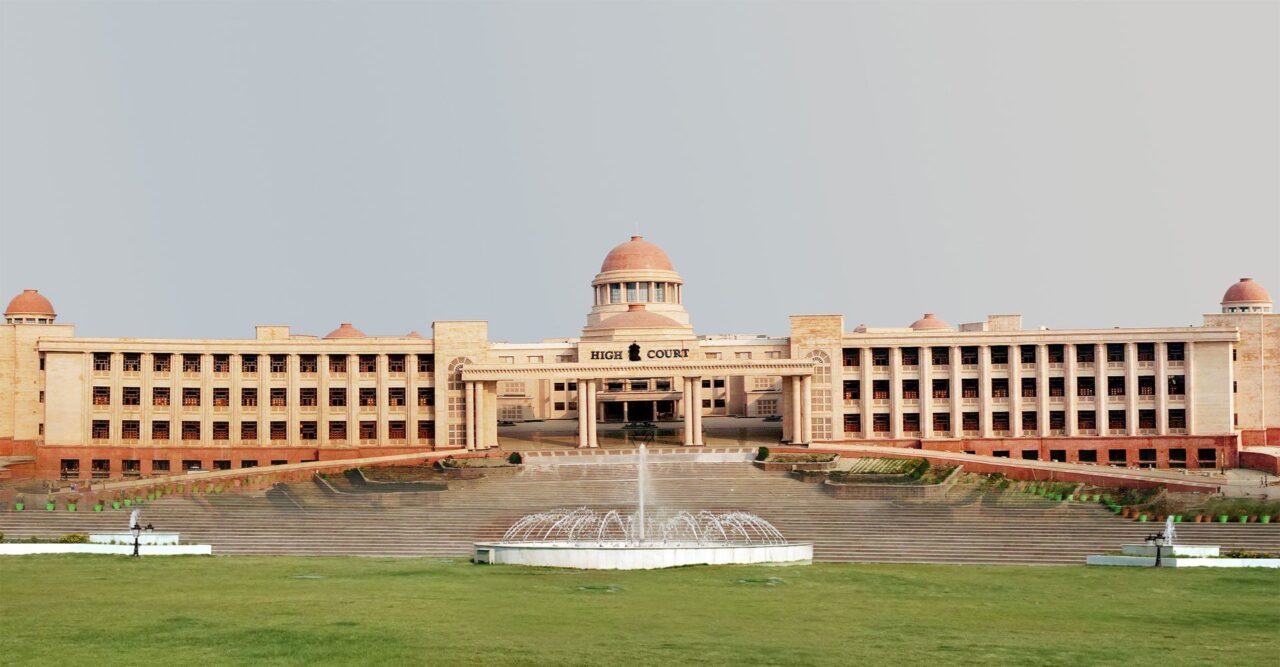Case Title: Rakesh Kumar Jain v Zulfkar Ali
Case No: FIRST APPEAL FROM ORDER No. – 172 of 2022
Decided on: 22nd December, 2023
CORAM: THE HON’BLE DINESH PATHAK, J.
Facts of the Case
In the matter of Rakesh Kumar Jain vs. Zulfkar Ali, the appellant, Rakesh Kumar Jain, filed a First Appeal From order (F.A.F.O) against the ruling of the Additional District and Sessions Judge, Court No. 3, Muzaffar Nagar, dated 10.12.2021. The order in question denied the appellant’s restoration motion under Order 9 Rule 13 read with 151 C.P.C. The restoration motion was submitted in response to an ex-parte judgment and decree issued on November 13, 2009, by the Additional District Judge, Court No. 5, Muzaffar Nagar, in Original Suit No. 684 of 2008, in which Zulfkar Ali sought a perpetual prohibitory order against Rakesh Kumar Jain. The appellant claimed that he was unaware of the litigation proceedings and requested that the case be reinstated.
The respondent, Zulfkar Ali, maintained that the appellant was well aware of the matter, citing a Court Amin report. The complaint claimed that a loan transaction disagreement had interfered with the plaintiff’s ownership of a property. The trial court had ruled against the appellant ex parte, and a restoration motion was submitted after a lengthy wait. The appellant contended that the delay was owing to a lack of understanding, citing the Supreme Court decision in Sesh Nath Singh vs. Baidhyabati Sheoraphuli Cooperative Bank Ltd. The High Court granted the appeal, overturning the lower court’s decision and ordering that the case be resolved as soon as possible.
Legal Provisions
The issue concerns the denial of the appellant’s restoration claim under Order 9 Rule 13 read with Section 151 of the Civil Procedure Code. The appellant sought to vacate an ex-parte judgement and decree entered on November 13, 2009, in Original Suit No. 684 of 2008. The court examined the appellant’s serving of notice, emphasizing the duties of Order 5 Rules 12, 15, and 17. It noted that the Process Server failed to exercise necessary and reasonable effort in delivering the notice and emphasized the lack of a proper examination under Order 5 Rule 19.
The court also discussed the appellant’s request for a stay of proceedings under Section 5 of the Limitation Act, and it referred to the liberal interpretation of “sufficient cause” for a stay of proceedings as laid out in recent decisions, including Bhivchandra Shankar More vs. Balu Gangaram More (2019). The court eventually granted the appeal, reversing the trial court’s decision and ordering that the case be resolved as soon as possible.
Issues
The key problems are the sufficiency of the notice issued on Rakesh Kumar Jain, the application of Order 5 Rules 12, 15, and 17 C.P.C. respecting summons serving, and the necessity for a separate formal application under Section 5 of the Limitation Act. Furthermore, the court must determine whether the trial court’s views on the case’s merits during the rejection of the restoration application were within its authority. The appellant claims that the rejection of adequate cause for delay is unfair and advocates for a broad interpretation of Section 5 of the Limitation Act, whilst the respondent emphasises the need of filing a formal application for delay condonation. The court is further requested to accelerate the hearing of the case due to the unusual circumstances surrounding the ex-parte order and revocation of the registered sale deed dated February 2, 1994.
Courts analysis and decision
The Hon’ble Dinesh Pathak, J., heard a First Appeal From ruling filed by the appellant, Rakesh Kumar Jain, challenging the ruling of the Additional District and Sessions Judge in this case. The appellant requested reversal of the ex-parte judgement and decree of November 13, 2009. The main issue was the efficacy of the notice issued on the appellant, and the court determined that the trial court had ignored key requirements under Order 5 Rule 12, 15, 17, and 19 C.P.C. The court noted problems in notice delivery, emphasizing the Process Server’s lack of necessary and reasonable effort in ensuring adequate serving. Furthermore, the court emphasized the broad interpretation of “sufficient cause” under Section 5 of the Limitation Act and urged the trial court to handle the case swiftly, approving the restoration application.
In light of the ex-parte decree and cancellation of the sale deed, the court granted the First Appeal From judgment, annulled the trial court’s judgment dismissing the restoration motion, and directed the restoration of the original litigation, emphasising the need of swift processes. The parties were ordered to appear in court and file proper petitions, with the defendant urged to provide a written statement and relevant documents by a certain date in order to accelerate the trial process. The court was confident that the trial court would make every attempt to resolve the case within 12 months of the parties’ presence.
“PRIME LEGAL is a full-service law firm that has won a National Award and has more than 20 years of experience in an array of sectors and practice areas. Prime legal fall into a category of best law firm, best lawyer, best family lawyer, best divorce lawyer, best divorce law firm, best criminal lawyer, best criminal law firm, best consumer lawyer, best civil lawyer.”
Written by- Aastha Ganesh Tiwari
click here to read the judgment


